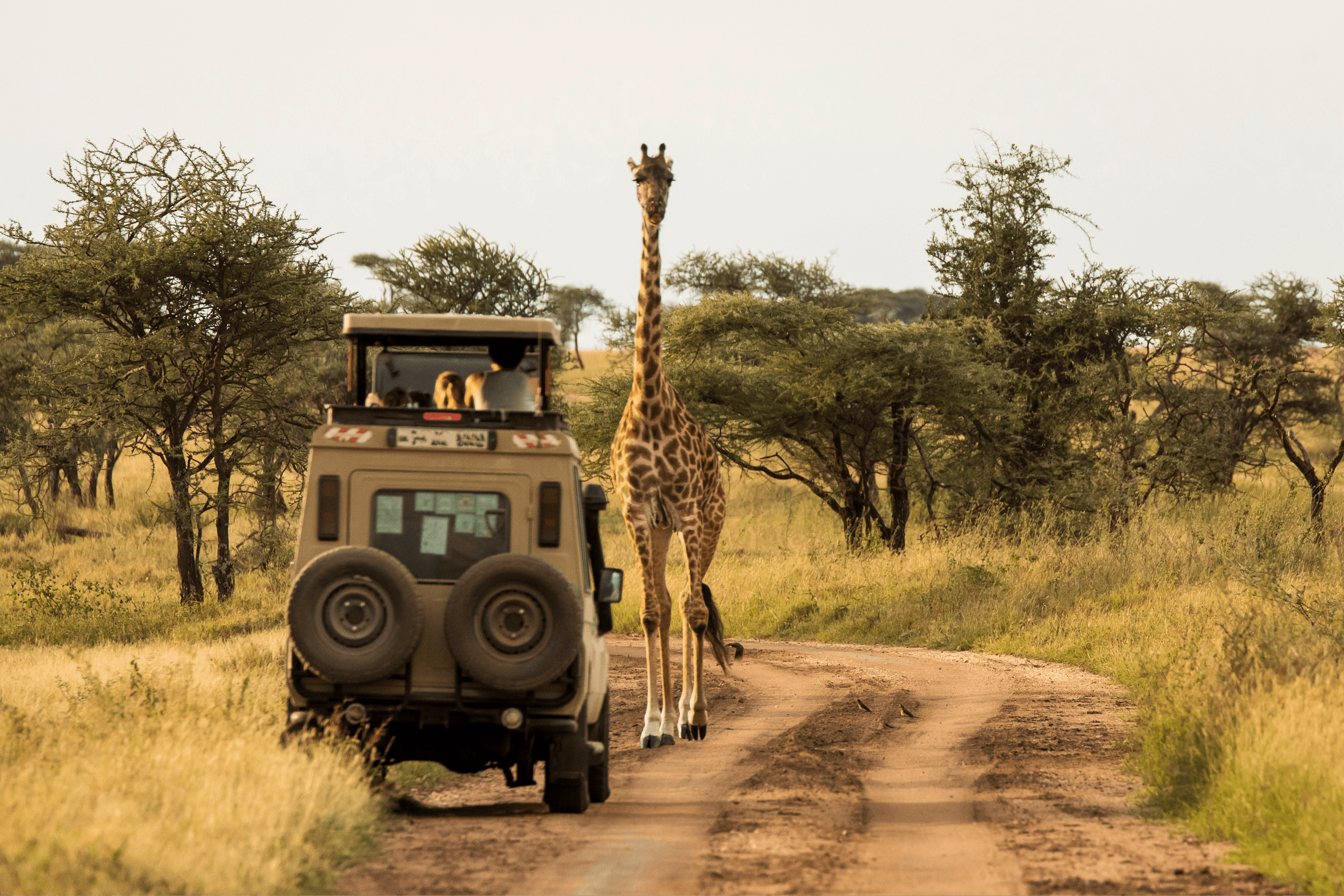Travel
Exploring the ethics of animal tourism: Evaluating its morality through the lens of veganism


Animal tourism is a contentious issue, with many activities exploiting animals despite claims of ethical treatment. For vegans, who prioritise minimising harm to all sentient beings, it’s crucial to critically evaluate these practices. When travelling, we can make a difference by supporting activities that respect wildlife and avoid those that disrupt their natural balance. Recognising ethical practices involves common sense and thorough inquiry into how animals are treated. Organisations like PETA and Born Free offer valuable perspectives on this matter.
PETA’s perspective
People for the Ethical Treatment of Animals—PETA, strongly opposes any form of animal exploitation. They argue that true animal sanctuaries do not breed animals, allow close human interaction or use animals for entertainment. According to PETA, ethical tourism should involve observing animals in their natural habitats, supporting conservation efforts and avoiding activities such as elephant rides, dolphin swims and visiting roadside zoos or circuses.
Born Free’s perspective
Born Free also emphasises the importance of keeping wildlife in the wild. They advocate for the protection of natural habitats and oppose practices that remove animals from their environments for entertainment. Born Free supports sanctuaries that rescue and rehabilitate animals without exploiting them for profit. They encourage tourists to engage in activities that promote wildlife conservation and education, such as visiting accredited wildlife reserves and participating in eco-tours led by knowledgeable guides.
Here are some types of animal tourism and ways to engage in them ethically:
Aquariums, zoos and circuses
No zoo or aquarium can replicate the natural habitat of wild and free animals. In these facilities, animals often endure stress and confinement, sometimes being forced to perform unnatural behaviours for entertainment, particularly in circuses. This is why both PETA and Born Free advocate avoiding aquariums, zoos and circuses. Wild animals naturally travel vast distances daily, and confinement is unnatural and cruel, leading to premature death due to unsuitable living conditions. Additionally, the educational value often cited by these establishments is questionable, as observing animals in artificial settings can provide a distorted understanding of their behaviours and needs. Instead, sanctuaries that rescue and rehabilitate wildlife without commercial exploitation offer a more ethical alternative for those wishing to learn about and support animal welfare.
Animal rides
Animal rides present a complex issue. While PETA advises against all forms of animal riding, including horses, Born Free specifically highlights the ethical issues with elephant riding. Elephants are wild animals and should not be domesticated or forced to carry humans. However, the status of animals like camels, often used in desert tourism, is less clear. Born Free suggests that camel riding can be acceptable if the animals are well-treated and willing, though vegans might argue that even domesticated animals deserve autonomy and freedom from human exploitation. The conditions under which these animals are kept and their treatment during off-hours are critical factors to consider. Moreover, the training methods used to prepare these animals for rides can often involve cruel practices. Therefore, thorough investigation and scepticism towards such activities are necessary to ensure animal welfare is genuinely prioritised.
Swimming with dolphins and visiting dolphinariums
 Adobe Express
Adobe Express
Both PETA and Born Free oppose swimming with dolphins and visiting dolphinariums. Despite their seemingly perpetual ‘smiles’, dolphins suffer significantly in captivity. A more ethical alternative is to observe dolphins in their natural habitat through dolphin-watching excursions, which do not guarantee sightings but respect the animals’ freedom. These excursions, if conducted responsibly, can offer educational insights and foster a genuine appreciation for marine life without compromising the well-being of the animals. Additionally, supporting marine conservation efforts and protected marine areas contributes to the preservation of these intelligent creatures in their natural environments.
Read more Vienna named world's most liveable city in 2024, for the third consecutive time
Safaris
Safaris offer a more ethical approach to observing animals in their natural habitats. Tourists can enjoy wildlife experiences without disrupting the animals’ lives. However, it’s crucial to select responsible safari operators who refrain from disturbing or feeding the animals to attract them. Ethical tourism emphasises passive observation, respecting the animals’ independence and natural behaviours. Furthermore, participating in community-based conservation projects that support both wildlife and local communities can ensure that tourism positively impacts the preservation of natural habitats.
Other animal activities
PETA and Born Free discourage activities such as posing for selfies with baby tigers or other big cat cubs, interacting with reptiles, primates and birds. These animals are often prematurely separated from their mothers and kept in unnatural environments. Even when birds are bred and dependent on human care, it’s crucial to closely monitor their welfare and treatment. Exploiting animals for photo opportunities is frequently associated with illegal wildlife trade and causes severe psychological stress to the animals involved. Supporting sanctuaries and rehabilitation centres that prioritise conservation, education and ethical treatment offers a more responsible approach to wildlife engagement.
Ethical animal tourism from a vegan perspective is about minimising harm and fostering respect for all living beings. It involves questioning the morality of our interactions with animals and choosing activities that align with the principles of non-exploitation and compassion. By making informed and conscientious choices, we can support a more humane and ethical approach to experiencing the wonders of the animal world. This shift not only benefits the animals but also promotes a deeper and more genuine connection to the natural world, encouraging broader support for conservation efforts and sustainable tourism practices.
If you enjoy our articles and want to read more of our content, check out our interview with Will Callaghan: From celebrity manager to vegan entrepreneur. Perhaps take a look at prepare, cook, store, serve and save food: Make your kitchen delicious with Hokan. Or explore the importance and benefits of a digital detox and how veganism plays into it.
sign up
for the vegclub newsletter.
Stay updated on all things vegan in Europe. Get exclusive articles, deals and giveaways delivered straight to your inbox. VegClub Magazine is the number one outlet in Europe and you will not want to miss our unique content.




